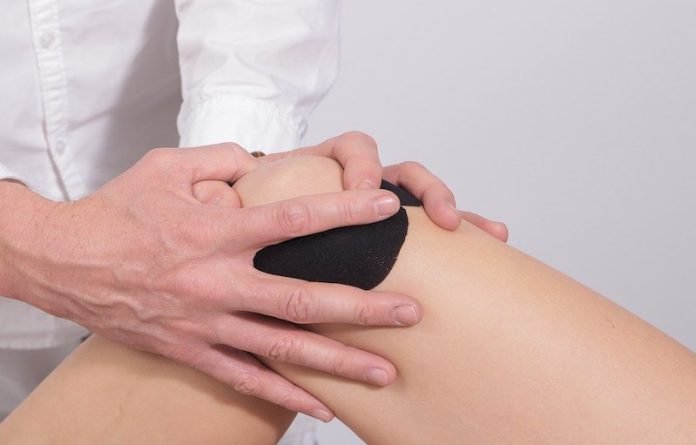
In a study from the Arthritis Foundation, scientists found some arthritis drugs may reduce the effectiveness of COVID vaccines.
The finding suggests that disease-modifying drugs used for arthritis may reduce the response of the mRNA COVID-19 vaccines from Pfizer and Moderna.
In the study, researchers tested 133 fully vaccinated people taking immunosuppressive medications.
They found that their antibody levels and ability to neutralize the virus were three times lower than in people not taking these medications.
However, most patients in the study were able to mount antibody responses in response to SARS-CoV-2 vaccination, which is reassuring.
No research on the one-shot Johnson & Johnson vaccine in people taking immunosuppressive medications has been reported.
The team suggested patients ask their health care provider if they are likely to see benefits from additional vaccination.
They have not seen any safety signals in patients with autoimmune and rheumatic diseases from the COVID-19 vaccines, so there should be no concern for the third dose.
They added that it’s still unclear how much protection a third or fourth booster provides to immunocompromised patients, such as those with cancer, organ transplants, and those taking immunosuppressive medications.
So, even if these patients do receive additional COVID vaccine doses, they should continue to take precautions such as physical distancing and wearing masks.
If you care about COVID, please read studies about antibodies that block all the COVID-19 variants, and CBD from cannabis may inhibit COVID-19.
For more information about COVID, please see recent studies about the cause of ‘brain fog’ in long COVID, and results showing vitamin D level could determine severity of COVID-19 infection.
The research was posted on MedRxiv and conducted by Dr. Alfred Kim et al.
Copyright © 2022 Knowridge Science Report. All rights reserved.



